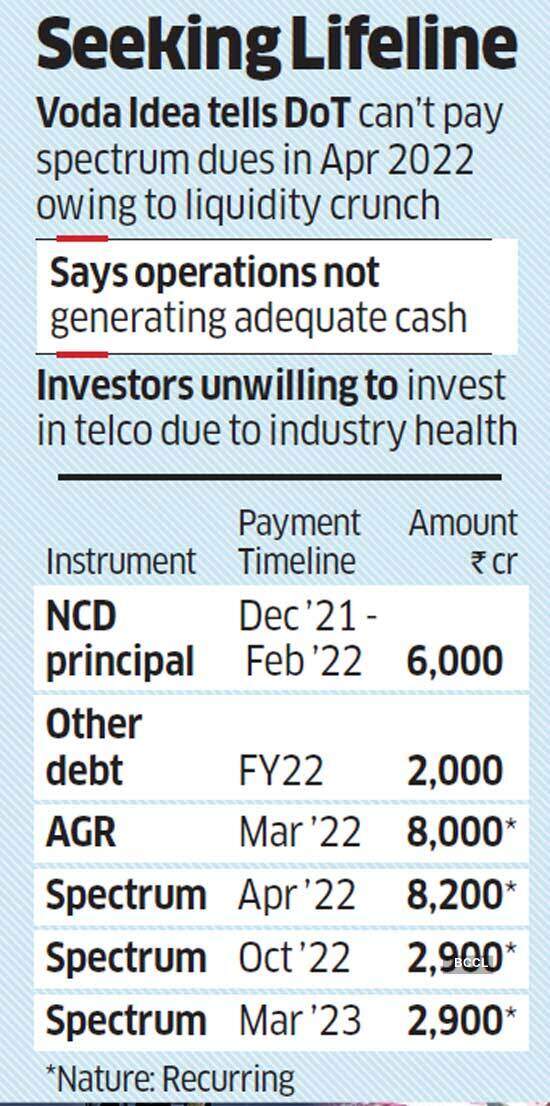MUMBAI: The gross non-performing assets (GNPAs) ratio of banks may rise to 9.8 per cent by March 2022, under a baseline scenario, from 7.48 per cent in March 2021, according to the
Financial Stability Report (FSR) released by the
Reserve Bank of India (RBI).
Under a severe stress scenario, GNPA of banks may increase to 11.22 per cent, the report released on Thursday showed.
“Macro stress tests indicate that the gross non-performing asset (GNPA) ratio of banks may increase from 7.48 per cent in March 2021 to 9.80 per cent by March 2022 under the baseline scenario,” the report said.
It, however, added that banks have sufficient capital, both at the aggregate and individual level, even under stress.
The FSR released in January this year had said banks’ GNPAs may rise to 13.5 per cent by September 2021, under the baseline scenario, which would be the highest in over 22 years.
The latest report said within the bank groups, public sector banks’ (PSBs’) GNPA ratio of 9.54 per cent in March 2021 edging up to 12.52 per cent by March 2022 under the baseline scenario is an improvement over earlier expectations and indicative of pandemic proofing by regulatory support.
For private sector banks (PVBs) and foreign banks (FBs), the transition of the GNPA ratio from baseline to medium to severe stress is from 5.82 per cent to 6.04 per cent to 6.46 per cent, and from 4.90 per cent to 5.35 per cent to 5.97 per cent, respectively.
Under the baseline and the two stress scenarios, the system level CRAR (capital to risk assets ratio) holds up well, moderating by 30 basis points (bps) between March 2021 and March 2022 under the baseline scenario and by 130 bps and 256 bps, respectively, under the two stress scenarios.
All 46 banks would be able to maintain CRAR well above the regulatory minimum of 9 per cent as of March 2022 even in the worst-case scenario, it said.
The report said the common equity Tier I (CET-1) capital ratio of banks may decline from 12.78 per cent in March 2021 to 12.58 per cent in March 2022, under the baseline scenario.
It would further fall to 11.76 per cent and 10.73 per cent, respectively, under the medium and severe stress scenarios by March 2022.
The report said Covid-19 has increased the risks to financial stability, especially when the unprecedented measures taken to mitigate the pandemic’s destruction are normalised and rolled back.
“Central banks across the world are bracing up to deal with the expected deterioration in asset quality of banks in view of the impairment to loan servicing capacity among individuals and businesses,” the report said.
The initial assessment of major central banks is that while banks’ financial positions have been shored up, there has been no significant rise in non-performing loans (NPLs) and policy support packages helped in maintaining solvency and liquidity.
The economic recovery, however, remains fragmented and overcast with high uncertainty, it said.
The report also highlighted the stress test results of the pandemic by various central banks.
Bank of England (BoE’s) ‘Desktop’ stress test in the interim FSR (May 2020) had projected that under appropriately prudent assumptions, aggregate CET-1 capital ratio of banks would decrease from 14.8 per cent at end-2019 to 11 per cent by the second year of test scenario (2021) and banks would remain well above their minimum regulatory capital requirements.
As per the latest position, the CET-1 capital ratio increased to 15.8 per cent over the course of 2020, the report showed.
The report further said in its June 2020 stress test and additional analysis in the light of Covid-19, the US Fed found that banks generally had strong levels of capital, but considerable economic uncertainty remained.
It projected that under severely adverse scenario, the CET-1 ratio of large banks would decline from an average starting point of 12 per cent in the fourth quarter of 2019 to 10.3 per cent in first quarter of 2022.
However, CET-1 ratio for large banks increased to 13 per cent as at end-2020, as per the latest position of stress test of the US Federal Reserve.
Similarly, in its Covid-19 vulnerability analysis results (June 2020) for 86 banks comprising about 80 per cent of total assets in the Euro area, the European Central Bank (ECB) estimated that banks’ aggregate CET-1 ratio would deplete by 1.9 percentage points to 12.6 per cent under the central scenario, and by 5.7 percentage points to 8.8 per cent under the severe scenario by end-2022.
As per the latest position, the CET-1 ratio of Euro area banks on aggregate improved to 15.4 per cent in 2020.
The FSR also conducted the stress tests on banks’ credit concentration — considering top individual borrowers according to their standard exposures.
The test showed that in the extreme scenario of the top three individual borrowers of the banks under consideration failing to repay, no bank will face a situation of fall in CRAR below the regulatory requirement of 9 per cent.
However, 37 banks would experience a decline of more than one percentage point in their CRARs.
Under the extreme scenario of the top three group borrowers in the standard category failing to repay, the worst impacted four banks would have CRARs in the range of 10 to 11 per cent and 39 banks would experience a decline in CRAR of more than one percentage point, the report said.
In the extreme scenario of the top three individual stressed borrowers of these banks failing to repay, a majority of the banks would experience a reduction of 10 to 20 bps only in their CRARs, the report said, adding this will be on account of low level of stressed assets in March 2021.
The report further said despite the pandemic conditions during 2020-21, the GNPA ratio for the non-banking financial companies (NBFCs) sector declined with a more than commensurate fall in the net NPA ratio attesting to higher provisioning, and capital adequacy improved marginally.
The GNPAs of NBFCs stood at 6.4 per cent and net NPAs at 2.7 per cent as of March 2021.




 5 Stocks to buy from brokerages
5 Stocks to buy from brokerages
